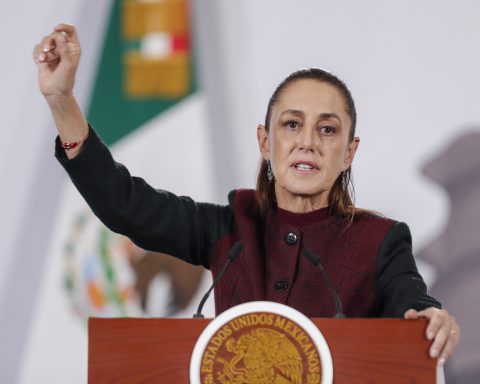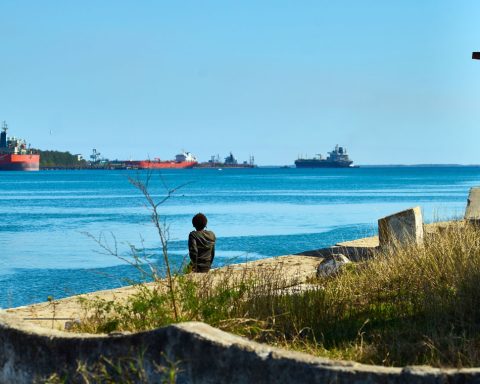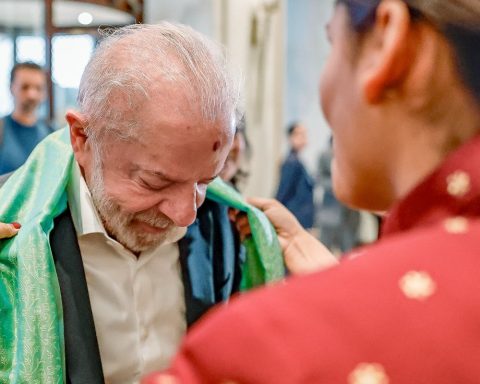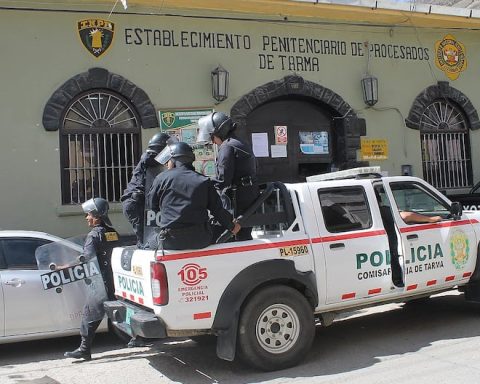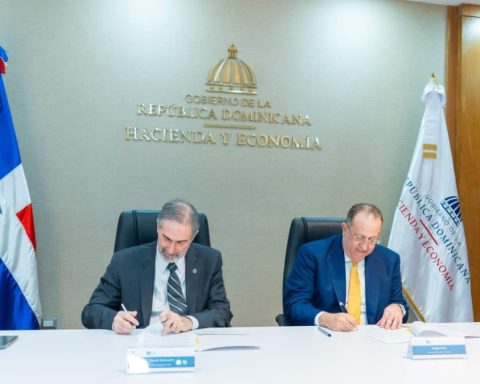After almost three decades of work based on resilient development, the non-governmental organization closes its program in Cuba due to a process of institutional transformation accelerated by the impact of the Covid-19 pandemic on its finances, explained Elena Gentili, its representative in Cuba.
However, he added, a team subordinated to the representation in Canada will remain in the country for two years to follow up on the responsibilities assumed before the closure decision.
“Leaving the presence in a country does not mean that it is not possible to continue collaborating with and supporting civil society organizations, both at the national and local levels,” he specified.
They will continue to implement projects dedicated to agroecological development, resilience in that environment, the strengthening of cooperatives, and other issues related to food sovereignty.
Gentili highlighted that the results of the actions carried out by Oxfam in this field, together with Cuban organizations, contributed to the construction of the National Plan for Food Sovereignty and Nutritional Education and the bill under study.
“We will support processes linked to agroecology, not only as a response to the impacts of climate change, but also as an opportunity for sustainability at a social level,” he said.
In addition, they will promote the strengthening of rural women’s capacities to close gender gaps and promote their leadership in agriculture.
During the last 10 years, the Oxfam program in Cuba has contributed to the sustainable development of 86 Cuban municipalities, with specific projects or actions on transformative leadership of women (20), adaptation to climate change and agroecology (17), inclusive risk management of disasters (21) and governance for local development (18).
mem/att
